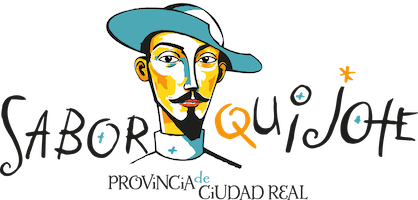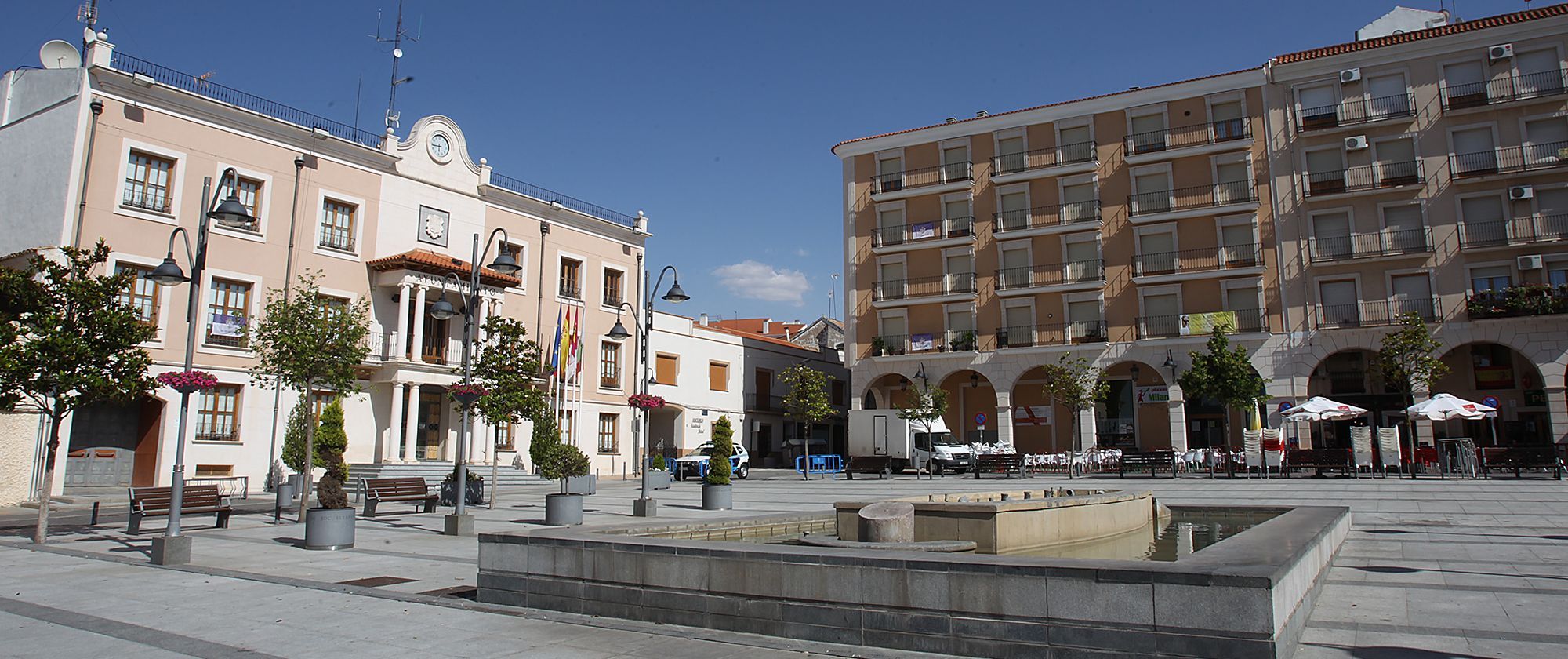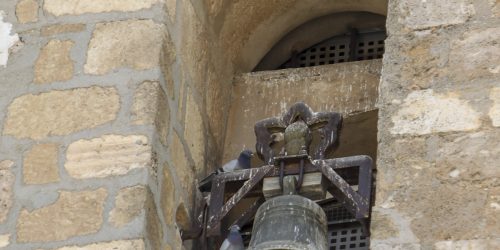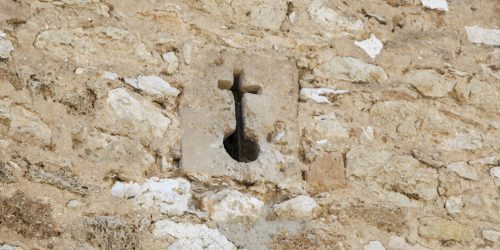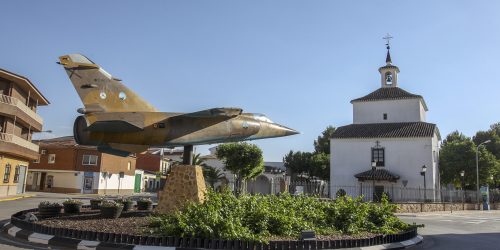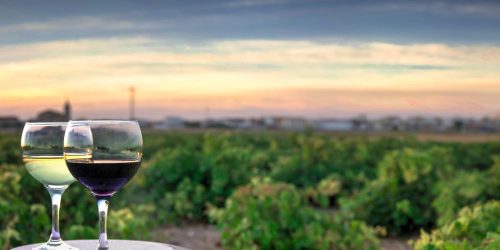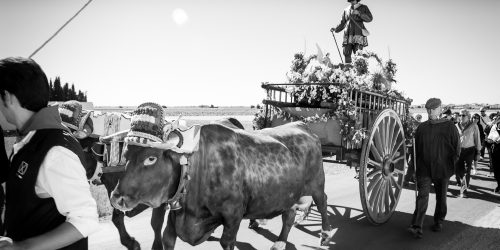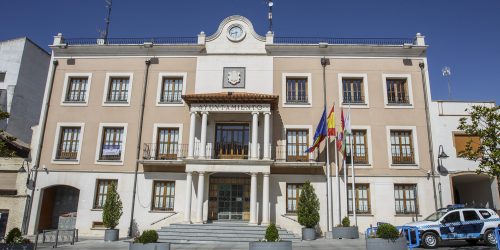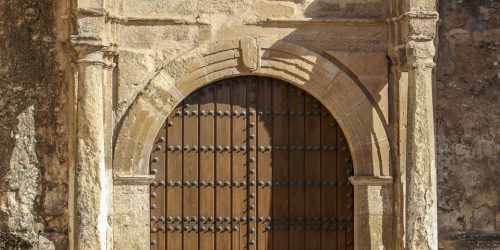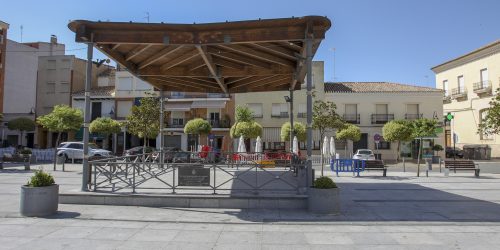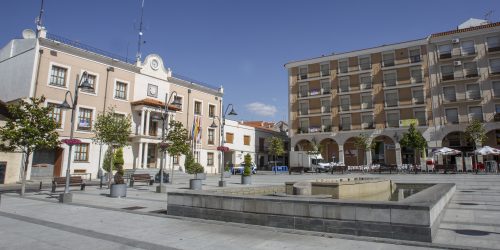El calendario festivo de Socuéllamos comienza la noche del 16 de enero con la víspera de San Antón, celebrada con las tradicionales “luminarias”. Un tiempo después se celebra el Carnaval, día de diversión al que asisten muchos turistas disfrazados.
La Semana Santa, austeramente castellana, goza de merecido prestigio ya que aparece documentada desde finales del siglo XVI. Destacan sus procesiones y pasos que llevan a cuestas imágenes religiosas realizadas por imagineros socuellaminos.
En el mes de mayo hay dos celebraciones de interés: las Cruces es una festividad que gira en torno a las barrocas cruces o altares, que se celebra desde el 30 de abril hasta el 3 de mayo aunque las cruces de los vecinos quedan expuestas durante todo el mes; el domingo más próximo al 15 de mayo se celebra la romería de San Isidro, celebración rural en honor al patrón de los agricultores que abre paso al verano.
El verano concluye con la Feria de Agosto en honor al Santo Cristo de la Vega, una semana de festejos que abarca del 9 al 15 de agosto con todo tipo de actividades religiosas y culturales que atraen a los alrededores. Un poco antes, el domingo más cercano al 10 de julio, se celebra San Cristóbal, patrón de los conductores; es una fiesta de reciente incorporación al calendario festivo.
En el mes de septiembre tienen lugar las fiestas patronales en honor a la Virgen de Loreto; ocurren durante la semana del 8 de septiembre, día grande donde tiene lugar la Ofrenda del Primer Mosto obtenido de la cosecha. Paralelamente a esta celebración cristiana, los vecinos y turistas disfrutan de la Feria Internacional del vino de La Mancha: Manchavino; es una celebración que tiene actividades desde enero hasta diciembre, y en la primera semana de septiembre cuenta con catas y degustaciones en el elegante Patio del Vino, a los pies del Museo Torre del Vino, para dar paso a la vendimia y sus rituales.
Finalizando el año tiene lugar la Feria y Fiestas de Todos los Santos, única en todo el territorio nacional, resultado del celoso mantenimiento de la tradición de la feria comercial, que tenía lugar en Socuéllamos con motivo de la finalización de la vendimia.
Estas festividades se funden con otras celebraciones artísticas y culturales de renombre; destacan la Muestra Nacional de Teatro, el Festival Internacional de Folclore, los conciertos en honor a Santa Cecilia, los fines de semana de Jazz…
